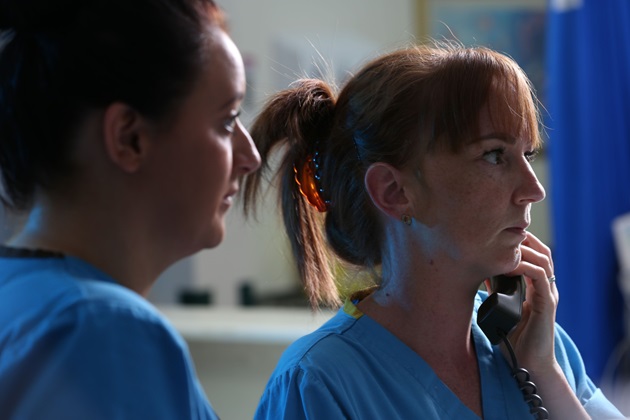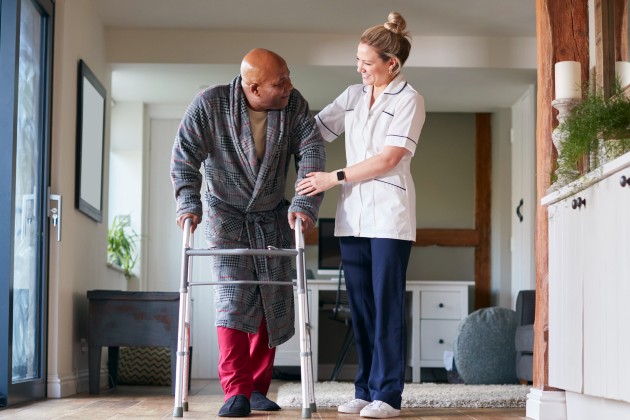It’s always been important to understand what’s expected of you when it comes to accountability and delegation on placement. This is especially true now with the added pressures you may be facing due to the COVID-19 pandemic.
Accountability
As a student, you fall under the same duty of care as other practitioners, including HCAs and registered nurses. This applies whether you’re undertaking a straightforward task, such as bathing a patient, or something more complex.
If you feel you’re unable to perform a task competently, it’s vital you let your supervisor know. They may themselves be under a lot of pressure and will appreciate your honesty, especially if you’re able to suggest solutions that might increase your confidence to perform the task competently later.
To be accountable, you must:
-
have the ability to perform the activity or intervention
-
accept responsibility for doing the activity
-
have the authority to perform the activity, through delegation.
Delegation
So, are you still accountable if a task has been delegated to you by a registered health and social care professional?
Yes. While they will be in overall charge of the care provided, they need to be able to appropriately delegate to you and other colleagues. To help keep you safe, we’ve written a checklist of questions to consider before accepting a task (see box below).
If you’re unsure about something, always speak up. It might be helpful to observe a task before asking to do it under supervision, to make sure you have the required skills and knowledge.
However, sometimes refusing a delegated task is the only thing you can do to protect your patient, the organisation, yourself and your supervisor.
Delegation checklist
Questions to consider before accepting a delegated activity
-
Do you have the knowledge and skills required to undertake the task?
-
Is it within the remit of your agreed placement role?
-
Are you confident about the communication and interpersonal skills required?
-
Is the activity too complex for you to accept?
-
Would you be compromising patient care by accepting it?
-
If you feel uncertain about undertaking the task, could you observe it first, then undertake it under supervision?
-
Does the person delegating have the authority to delegate the work?
-
Are you sure that accepting the work will not impact on your performance?
-
Are you confident the delegator has the appropriate clinical knowledge to delegate the activity to you?
For more detailed advice, download Accountability and Delegation: A Guide for the Nursing Team
If you feel uncertain about a delegated task, and it’s difficult to resolve the issue locally, call RCN Direct for advice on 0345 772 6100
'Your safety, and that of your patients, is the most important thing'

While you’re not yet on the NMC register, it’s still important that you practise safely and in accordance with the NMC Code. Failing to do so could have ramifications for your future career.
If you don’t feel competent to carry out a task, speaking up doesn’t make you difficult or a troublemaker, it is the right and brave thing to do.
Speaking up doesn’t make you difficult or a troublemaker, it is the right and brave thing to do
Your safety, and that of your patients, is the most important thing. Making it known when you don’t feel confident to carry out a task is a safety issue. Nobody should criticise you for this. In fact, they should be thankful.
The less experience you have, the more the onus falls on your supervisor to consider your competence when delegating tasks. You can help them by being absolutely honest about what you know and don’t know. If in doubt, always err on the side of caution.
Roz Hooper, RCN Head of Legal (Regulatory)








